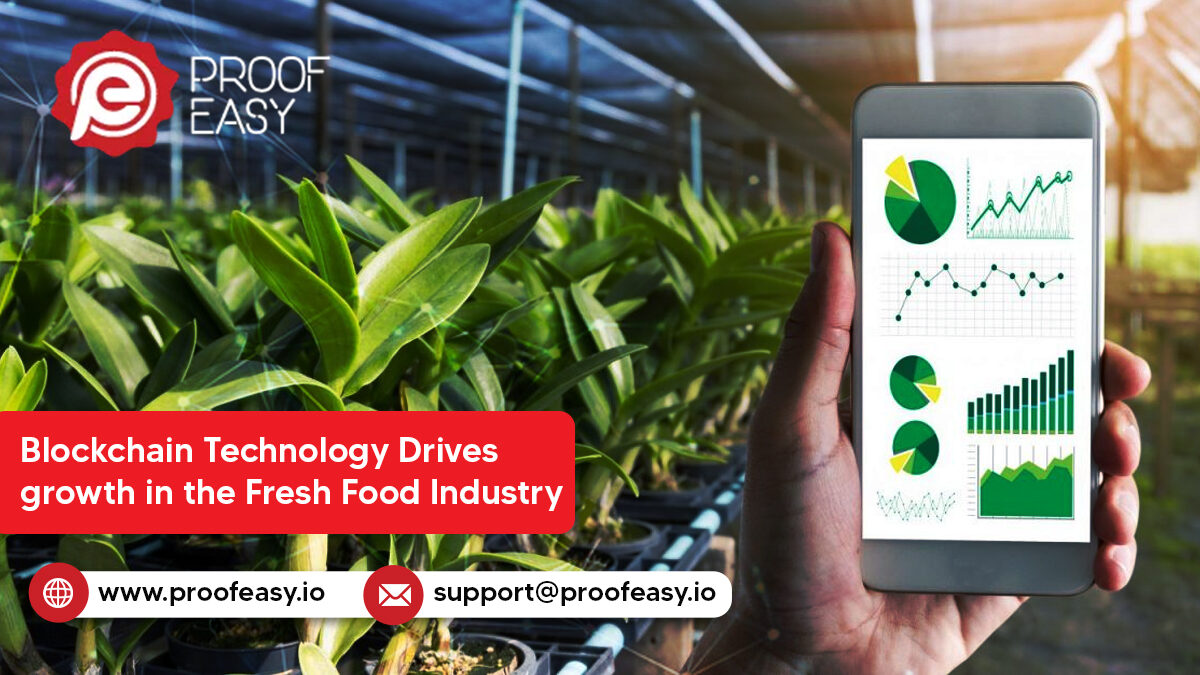As we move further into the 21st century, the world is evolving at an astonishing pace. With the development of Web 3.0 blockchain technology, industries are being revolutionized and modernized in ways we could never have imagined. One such industry that is experiencing significant growth thanks to this technology is the fresh food industry.
For years, food safety has been a major concern for both producers and consumers alike. The use of pesticides, chemicals, and antibiotics in farming has led to a decrease in food quality, which has raised concerns over the long-term impact on public health. Additionally, the lack of transparency in the supply chain makes it difficult to determine the origin of products and track their journey from farm to table.
Web 3.0 or the next generation of the internet could play a key role in addressing these difficulties. Web 3.0 is characterized by decentralization, interoperability, and the use of blockchain technology. This new era of the internet has the potential to revolutionize many industries, including the fresh food industry.
At Proofeasy, we believe that web 3.0 blockchain technology can revolutionize the way we approach food safety and compliance. By integrating a secure QR code system with blockchain technology, we can ensure that the fresh food we consume is safe, compliant, and transparent. Here’s how:
• Improved supply chain traceability: With a blockchain-based system, each step in the supply chain can be recorded and tracked, ensuring that food products are traceable from farm to table. This helps to identify potential contamination points and prevent outbreaks.
• Increased transparency: By integrating QR codes into food packaging, consumers can easily access information about the origin of their food, its journey to the grocery store, and its quality assurance details. This empowers consumers to make informed decisions about the food they buy.
• Enhanced food safety: By using blockchain technology, we can create a tamper-proof system that ensures food safety standards are met at every stage of the supply chain. This includes everything from verifying the authenticity of products to monitoring temperature controls during transportation.
• Cost-effective compliance: By streamlining the compliance process, blockchain technology can reduce the cost and time associated with regulatory compliance. This can benefit both producers and consumers alike.
• Direct-to-consumer sales: With web 3.0, it is possible to create decentralized marketplaces where farmers can sell their products directly to consumers, cutting out intermediaries and reducing costs. This can help farmers earn a fair price for their products while providing consumers with fresh, high-quality food at lower prices.
At Proofeasy, we recognize the potential of blockchain technology in revolutionizing the food industry. Our platform offers a unique solution to the problems of food safety and traceability through the integration of blockchain secure QR code technology. By placing a secure QR code on each product, consumers can scan the code with their smartphones to instantly access information on the product’s origin, farming practices, and any other relevant information.
The integration of blockchain secure QR code technology offers a host of benefits for both producers and consumers. For producers, it provides an opportunity to maintain full control over the supply chain, ensuring that each product meets the highest standards of quality and safety. This can lead to increased consumer confidence in the product and, ultimately, increased sales and revenue.
For consumers, the benefits are clear. They can now have access to a wealth of information about the products they buy, empowering them to make informed decisions about the food they consume. This level of transparency fosters trust between consumers and producers, leading to stronger relationships and a greater sense of loyalty to the brand.
The benefits of Web 3.0 blockchain technology in the food industry extend beyond food safety and traceability. The use of blockchain technology can also lead to increased efficiency and reduced costs in the supply chain. By eliminating the need for intermediaries, blockchain technology can streamline the supply chain, reducing the time and cost required to transport products from farm to table.
In conclusion, the use of Web 3.0 blockchain technology in the fresh food industry is an exciting development that offers a wealth of benefits for both producers and consumers. At Proofeasy, we are proud to be at the forefront of this revolution, providing a platform that allows producers to showcase the quality and safety of their products, while empowering consumers with the information they need to make informed decisions about the food they consume. We believe that this technology has the potential to transform the food industry, leading to a more sustainable and healthier future for us all.


